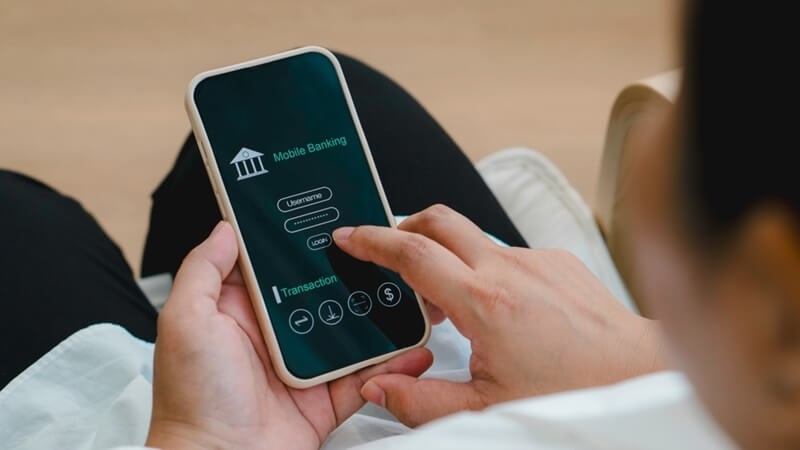
Banking has grown leaps and bounds in the digital age beyond conventional brick-and-mortar branches. Net banking (or online banking via a web browser) and mobile banking (via smartphone apps) are two of the most favorite ways to access your money these days. But between net banking and mobile banking, what works best for your lifestyle?
This article reviews net banking vs mobile banking, similarities, and unique advantages. Whether you are attempting to manage daily transactions or monitor your long-term savings, learning about these web-based services will enable you to make the perfect choice for your money needs.
Net banking allows you to use your bank account through a secure internet browser on your computer, laptop, or tablet. Provided by nearly all major U.S. banks, it permits users to perform a variety of transactions from the comfort of their home or office.
One of the most convenient net banking facilities that US banks provide is:
These services render net banking a one-stop solution, particularly for users who would want a larger screen and detailed account management.

Mobile banking employs a smartphone app offered by your bank, with the instant ability to access your money anywhere and anytime. Almost all American banks have invested substantial resources in having fast, user-friendly, and secure mobile apps.
The ease of use of online banking apps is a major attraction for customers who are constantly on the move. Most apps now have some features that were accessible only through net banking.
When net banking and mobile banking are both compared, both websites provide safe, web-based access to your money. Both are used for somewhat different applications and customer tastes.
Net Banking features US banks that generally include sophisticated functionality such as wire transfers, downloadable financial reports, and joint account management.
Mobile applications are well-suited for quick tasks, but sometimes do not fit in with legacy services or advanced tools.
There are exclusive benefits in each platform. Some of the advantages net banking mobile banking USA users enjoy are:
In mobile banking versus net banking, customers mostly find themselves using both systems, depending on what they need to accomplish.
Security is the highest priority for any web-based service. The security of net banking apps and desktop platforms must be understood in advance before subscribing to one.
Net banking can give you a secure web interface, but security of net banking apps is generally tighter due to biometrics and native mobile security. Both are safe if best practices are adopted—such as staying away from public hotspots, strong passwords, and software updating regularly.
Net banking is best if:
Users who like to budget in spreadsheets or print out statements typically favor net banking for its broad screen interface and downloadable tools.
Mobile banking is best if:
With the online banking app convenience, this is a Gen Z and Millennial favorite, but now adopted across all ages.
Yes, and believe it or not, it's simple. Most consumers progressively move from the internet to mobile banking as applications improve in terms of features.
U.S. banks simplify both platforms to use. Your information doesn't differ on devices, so you have nothing to lose by trying both or switching over.
Below are some everyday examples to choose between net banking and mobile banking:
The majority of users are not pitting one against the other. They are employing both. It makes sense to do big transactions or budgeting through net banking and utilise mobile banking for day-to-day chores.
This is a combination strategy that works for you:
If you're yet to decide between net banking and mobile banking, you don't have to make an either-or choice. Banks structure most of these tools as complements to each other.
With the constantly changing landscape of digital finance, the issue of net banking versus mobile banking is now more of a matter of discovering what your cup of tea is. Both modes give you safe, feature-rich windows where you can manage your finances at ease.
This is for you if you like detail, desktop management, and careful planning. However, this is for you if you like speed, convenience, and the convenience of the online banking app in computing your balance while you are waiting in line at the supermarket.
This content was created by AI